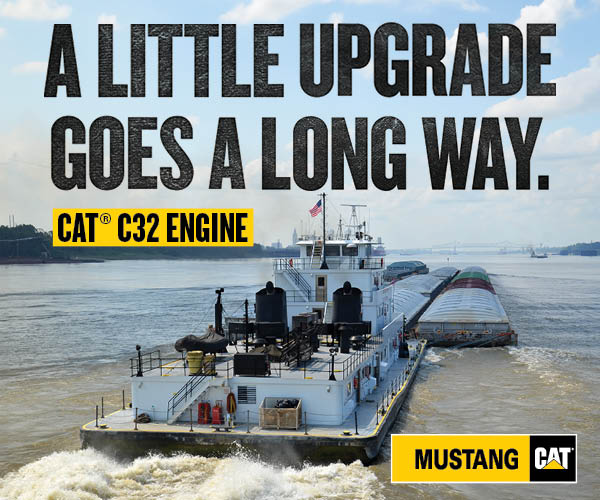Don’t Stop Looking At The River
A recent press release from Condition Monitoring Technologies (CMT), which makes marine sensors and monitoring systems, cautions mariners against placing sole reliance on artificial intelligence.
The company insists that human engineers must remain “in the loop” to validate, interpret and act upon technical data.
“AI has a role to play, certainly–especially when it comes to analyzing huge data sets generated during operations,” said David Fuhlbrügge, CMT’s managing director. “But there are critical limitations in relying on technology alone.
“A sensor can tell you a pressure reading or temperature value,” he added. “It cannot smell burning oil, feel excessive vibration or recognize an unusual sound in the engineroom. That’s where human intuition, experience and judgment come in.”
More incidents are happening because operators are paying too much attention to technology, rather than too little. A recent NTSB report partly faulted strong currents near a lock and dam for an allision, but also faulted the pilot for sending and receiving text messages when he should have been looking at the river.
CMT suggests that, in the future, AI and sensors will be relied upon to flag issues remotely. However, the company adds that these alerts will still require expert human evaluation, often from shore-based engineers in contact with onboard crews. CMT said AI still lacks the ability to emulate the “gut feeling” that seasoned engineers develop through years of experience, a critical quality when diagnosing nuanced mechanical issues or just responding to external conditions in real time.
“The shipboard engineer is effectively a multi-sensory detector,” Fuhlbrügge said. “They notice smells, vibrations, small changes in behavior, things no current AI or sensor suite can reliably do. That kind of holistic insight is still uniquely human, and indispensable.”
Rather than seeking to replace engineers, CMT argues, AI should be used to augment their abilities, enhancing maritime safety and efficiency through collaboration between people and systems.
The same can be said of river pilots, captains, deckhands, tankermen and vessel-based engineers, who are, in the words of CMT, indispensable. No machine can replace the likes of Horace Bixby, the steamboat pilot who trained a young Samuel Clemens and who piloted vessels into his 90s—or any experienced mariner today.



